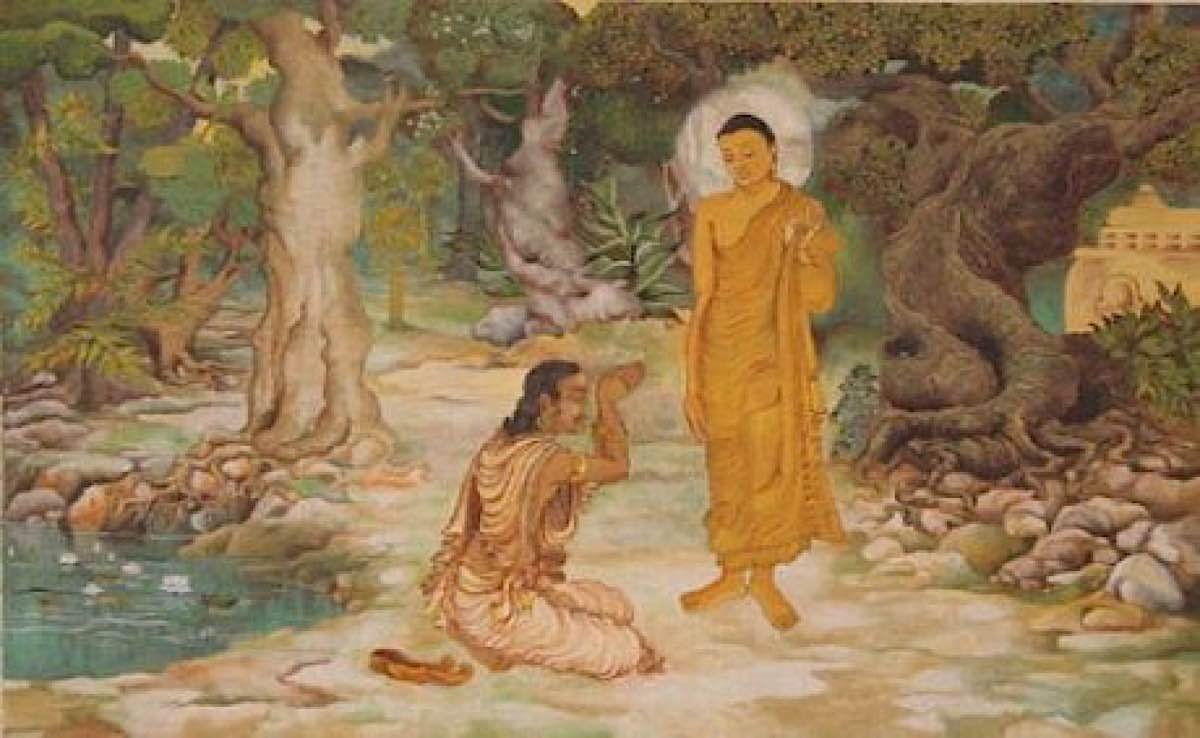The Buddha and the Beggar
As Buddha walked through a village one day, a beggar approached him. The man, frail and dressed in rags, pleaded, "Great Master, I am poor and have nothing. Can you give me something to ease my suffering?"
Buddha replied kindly, "I have nothing to give you." The beggar, shocked by this response, questioned how someone so renowned for wisdom could have nothing to offer.
Smiling gently, Buddha explained, "You claim to have nothing, but you possess the most valuable treasures in the world and fail to see their worth." The beggar looked puzzled. "What do you mean? I have no land, money, or possessions."
Buddha responded, "You have your hands to create, your legs to take you anywhere, your mind to think and learn, and your heart to love and give. These are the greatest treasures of all."
The beggar stood silently, reflecting on these words. He realized he had spent his life lamenting his poverty while ignoring the gifts he already possessed.
Buddha continued, "True poverty is not the absence of money but the absence of gratitude. When you recognize what you have, you will see that you are already rich."
From that day forward, the beggar stopped begging and used his hands to work, his mind to learn, and his heart to give. Over time, he built a life filled with purpose and dignity.
Moral of the Story
We often focus on what we lack rather than appreciating what we have. True wealth lies not in material possessions but in gratitude and our ability to use what we already possess to grow and contribute. Gratitude transforms what we have into abundance.
Share with me your thoughts
